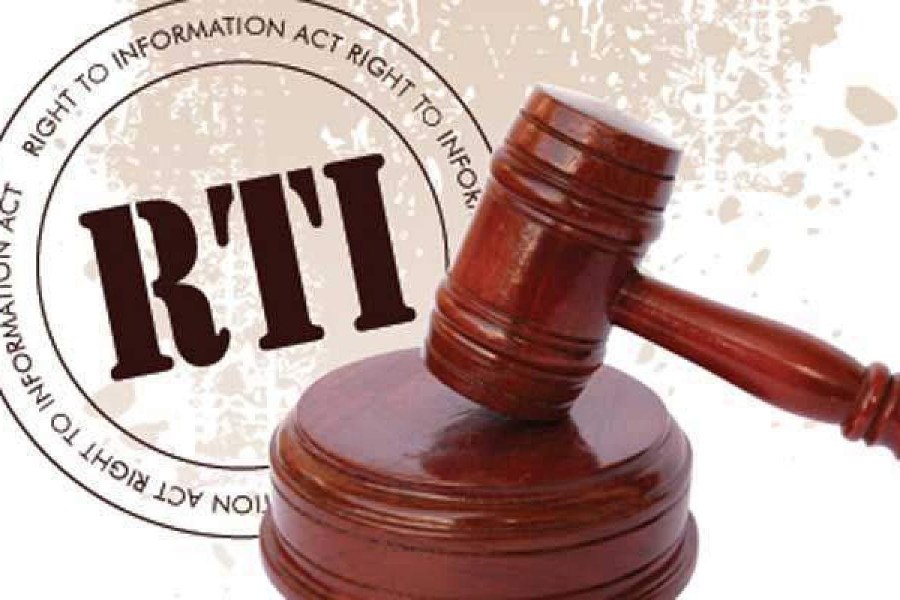The Indian Security Press (ISP) and the State Bank of India have refused to divulge information on electoral bonds under the RTI Act.
While the ISP had printed the bonds, the SBI issued and encashed them.
In February, the Supreme Court struck down the electoral bond scheme —which provided anonymity to political donors — as unconstitutional as it violated the right to information.
Last month, the director of the NGO Commonwealth Human Rights Initiative, Venkatesh Nayak, cited the apex court verdict on his RTI plea and asked the ISP for all “correspondence and file notings relating to the inscription/printing of the unique identifying number on every Electoral Bond”, and the “description of the technology” used for printing and reading this number.
The ISP cited section 8.1(a) of the RTI Act and said this information “may not be disclosed as it is sensitive in nature”.
Nayak pointed out that the section has seven grounds for denying information, including adversely impacting relations with foreign states and incitement to commit crimes.
He told The Telegraph: “There are multiple judgments of higher courts against mechanical replies to RTIs without clearly explaining the grounds of denial…. Technically, the ISP is not bound to reply (as the apex court had ordered the SBI to release this information), but the SC threw the scheme into the dustbin. The donors and recipients are now known. What is not known is the hidden features in these bonds.”
Last month, Anjali Bhardwaj of the Delhi-based NGO Society for Citizens Vigilance Initiatives filed an RTI with the SBI asking for its standard operating procedures (SOPs) on the sale and redemption of these bonds.
She was refused information citing Section 8.1(d) of the Act, which exempts the disclosure of “information including commercial confidence, trade secrets or intellectual property, the disclosure of which would harm the competitive position of a third party, unless the competent authority is satisfied that larger public interest warrants the disclosure of such information”.
Bhardwaj said in a statement: “The disclosures (of the SBI on the apex court’s orders) revealed that the alphanumeric code was tagged with the purchase and redemption transaction of each bond. This raises serious questions regarding the manner in which SBI was maintaining information, as it is contrary to the claims made by the Finance Ministry.”
She cited the finance ministry’s media release of 2018 that said the numbers were not noted by the SBI and thus not linked to the transactions.










